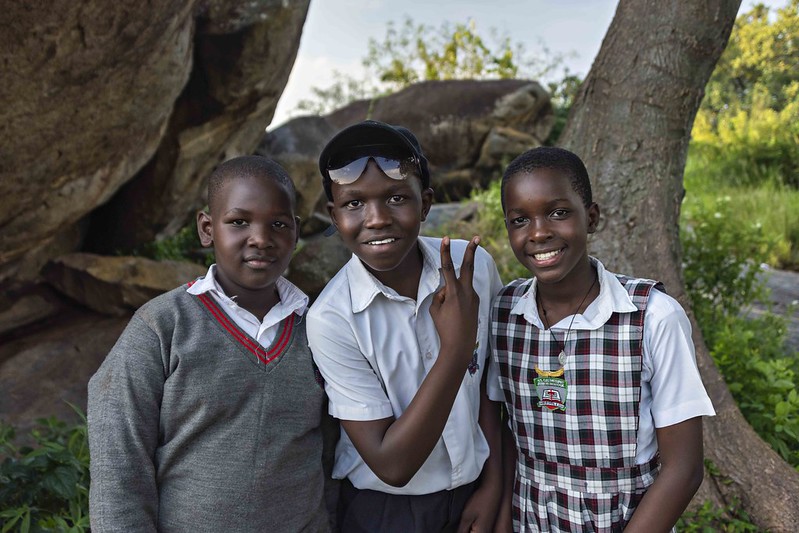Education in Uganda: The Hurdles and Progress
 Uganda is transforming its education system to improve access and quality for its younger generation. As a landlocked nation bordered by Kenya, Tanzania and the Democratic Republic of the Congo, Uganda’s economic growth across agriculture, industry and services sectors could lower its poverty rate from 41.7% as of 2023 to 40.7% by 2025. However, these projections are still uncertain. As things stand, education in Uganda could play a crucial role in the country’s transformation.
Uganda is transforming its education system to improve access and quality for its younger generation. As a landlocked nation bordered by Kenya, Tanzania and the Democratic Republic of the Congo, Uganda’s economic growth across agriculture, industry and services sectors could lower its poverty rate from 41.7% as of 2023 to 40.7% by 2025. However, these projections are still uncertain. As things stand, education in Uganda could play a crucial role in the country’s transformation.
According to the United Nations (U.N.), education significantly impacts poverty reduction within communities or countries. An educated community often enjoys more economic opportunities, leading to enhanced resources for everyone. The same is not true in communities struggling with poverty for many reasons. In recent times, Uganda has seen rapid advancements in improving education and its accessibility.
Education Barriers in Uganda’s Poor Communities
In Uganda’s impoverished communities, the cost of schooling and supplies often forces families to choose between education and basic needs, sidelining education. Children who attend primary school may struggle to advance to secondary levels due to poor literacy and numeracy skills. Additionally, teacher absenteeism further undermines the educational opportunities for those who overcome these barriers to reach the classroom.
Enhancing Education Quality in Uganda
Uganda’s efforts to provide universal primary education signal a crucial advancement in educational access. Working with the Global Partnership for Education, the focus extends beyond free education to enhancing its quality, especially in the pre-primary stages. This approach aims to boost literacy and numeracy skills among children, aiming for higher school completion rates and reduced dropouts in primary education.
The United Nations International Children’s Emergency Fund (UNICEF) is making efforts to address teacher absenteeism and lack of skills in Uganda by enhancing education governance. Its ongoing initiatives include mentorship and promoting accountability within schools, involving parents and officials to demand better teaching standards. Efforts to boost teacher competence involve supervision and support from higher-ups, aiming to reduce absenteeism and improve education quality.
Advancing Education to Combat Poverty in Uganda
Through the initiatives of the Global Partnership for Education and UNICEF, strategic efforts are underway to elevate education standards in Uganda. These improvements are essential in the broader fight against poverty. Moreover if successful, UNICEF’s initiatives could enable an additional 800,000 boys and girls to complete primary education. In addition, the Global Partnership for Education aims to remove financial barriers to schooling, making education more accessible to children in poverty-stricken areas.
Looking Forward
Uganda’s efforts to enhance educational quality and accessibility signify a beacon of hope in the ongoing battle against poverty. Partnerships with organizations like the Global Partnership for Education and UNICEF are taking significant strides toward a future where education is a right, not a privilege, for all children. Furthermore, the initiatives to improve literacy, numeracy and reduce teacher absenteeism lay the groundwork for creating a well-educated workforce capable of driving economic growth and lifting communities out of poverty.
– Isaac Songster
Isaac is based in Wheaton, IL, USA and focuses on Education pieces for The Borgen Project.
Photo: Flickr
